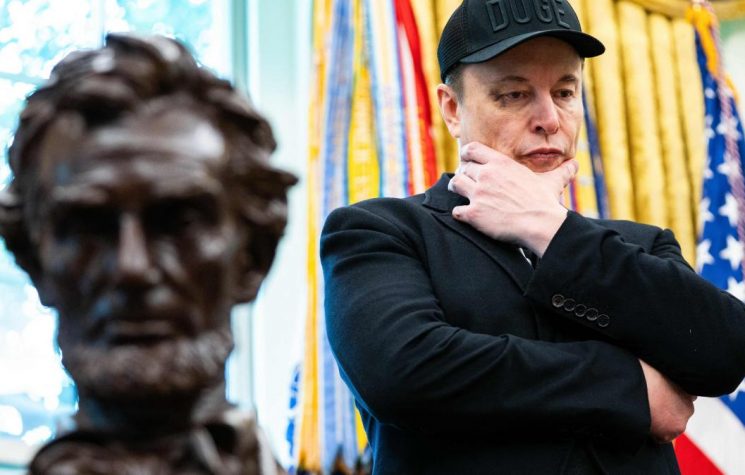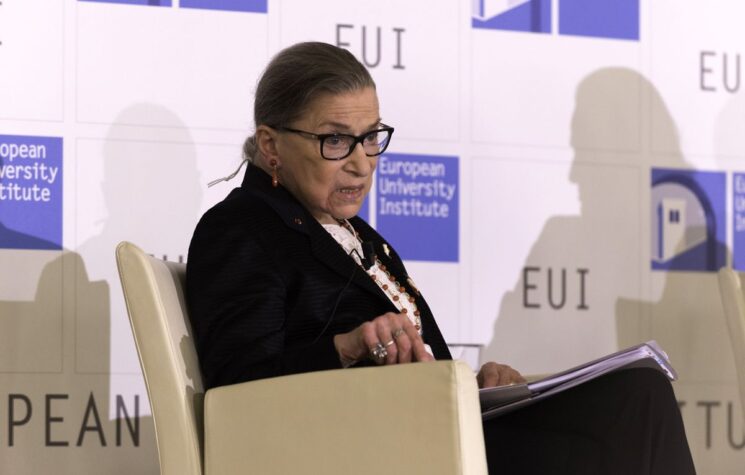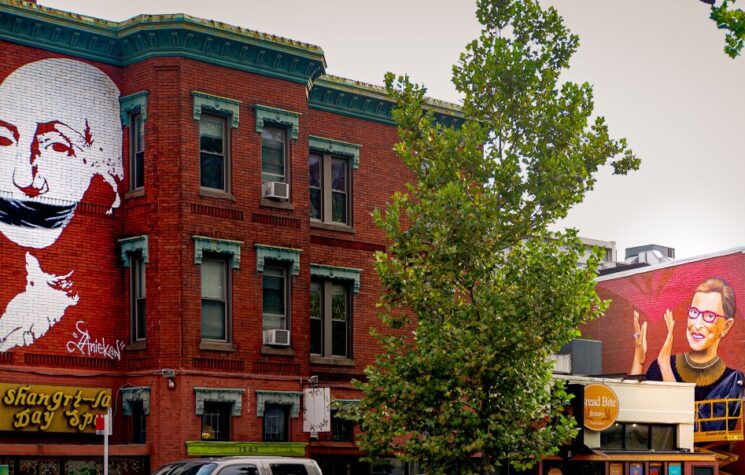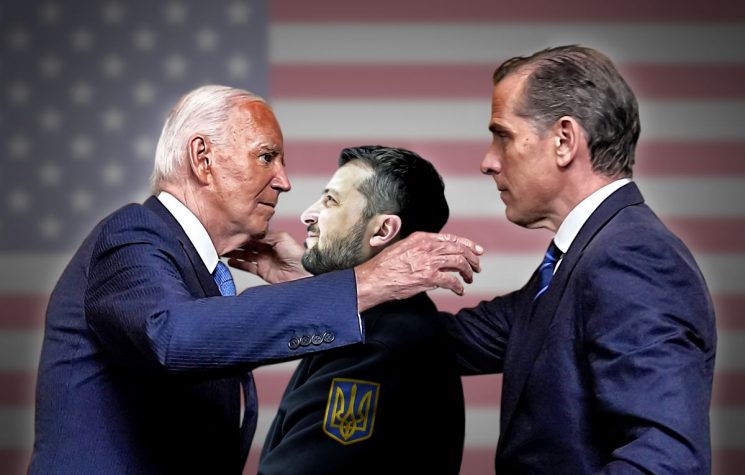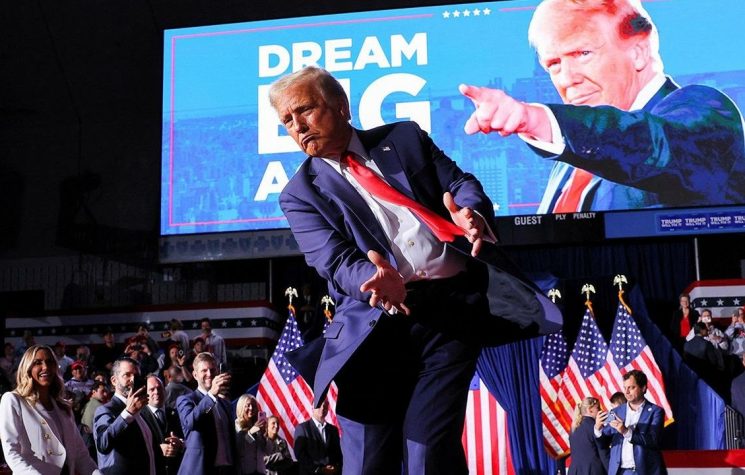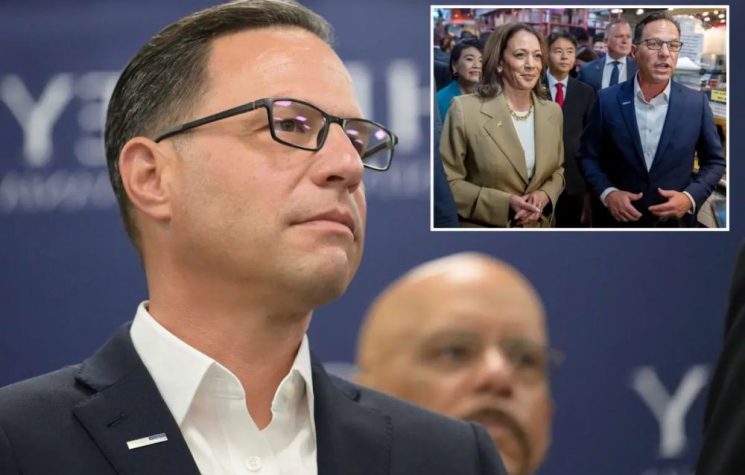Amy Coney Barrett is nothing if not consistent. Time and again, she refused during her confirmation hearings to say a word about any judicial decision or any of the major political issues of the day. The ostensible reason: it would compromise her judicial independence. “Does the Constitution,” Senator Dianne Feinstein asked at one point, “give the president of the United States the authority to unilaterally delay a general election under any circumstances.” To which Barrett responded:
“Well, senator, if that question ever came before me, I would need to hear arguments from the litigants and read briefs and consult with my law clerks and talk to my colleagues and go through the opinion-writing process. So, you know, if I give off-the-cuff answers, then I would be basically a legal pundit, and I don’t think we want judges to be legal pundits. I think we want judges to approach cases thoughtfully and with an open mind.”
Somehow, keeping an open mind means pretending to be a tabula rasa before ascending to the bench. If someone had asked Barrett about the weather, she presumably would have replied that the question was designed to elicit “an opinion from me that is on a very contentious matter of public debate, and I will not do that” – which just happens to be what she told Kamala Harris when she asked about global warming.
All of which speaks volumes about America’s tattered 233-year-old constitutional tradition. Barrett is 48 years old. If she lives as long as Ruth Bader Ginsburg, who died last month of pancreatic cancer, this means that she could be handing down opinions until the year 2058. Thanks to medical progress, she might hand them down even longer – into the 2070s, perhaps. Yet even though her rulings will affect Americans in the most profound ways, she refuses to provide the slightest hint about what she believes, how she’ll vote, or where she stands politically.
This is not what government of, by, and for the people is supposed to be about. The first rule of democracy is accountability, the idea that people not only choose their representatives but expect them to report back periodically for inspection and review. If they fulfill their promises, then the people may reward them with another term. If they don’t, then they have the option to toss them out. But the point is that the people rule because it’s their society and no one else’s. They run a tight ship in which officials are expected to snap to, utter a crisp “yes, sir” (or ma’am), and then trot off to do what they’re told.
But Barrett’s stonewalling suggests the opposite, which is that not only will she refuse to take instruction in even the broadest sense, but that she’ll refuse to report back. Assuming she deigned to answer, Barret would no doubt reply that, as a judge, she’s above politics and therefore a special case. Rather than part of democracy, she’d argue that she’s part of the constitutional bulwark holding democracy up. Hence, she must be independent so that the elected branches can be held t account.
But this is mere word play. The founders may have conceived of the Supreme Court as a more or less neutral umpire, but those days are long past. Since World War II, Congress has steadily expanded its powers by saddling it with issues that members were afraid to touch. No one on Capitol Hill, for instance, wanted to talk about racial segregation in the early 1950s. It was too difficult and explosive and would do nothing but cost them votes. So they said nothing until the court tackled the issue f or them via its historic Brown v. Board of Education ruling in 1954. Rather than standing up for what they believed in, congressmen were able to avoid responsibility by deferring to the court instead. It was a cloud with a less-than-silver lining because it marked a defeat for democracy and self-reliance.
“If we are wrong, the Supreme Court of this nation is wrong,” Martin Luther King declared a year later during the Montgomery bus boycott in Alabama. “If we are wrong, the Constitution of the United States is wrong. If we are wrong, God Almighty is wrong.”
The boycotters were not right because what they did themselves, in other words, but because of what the court, the law, and other higher authorities did for them. The result was a curious blend of liberalism, sanctimony, and reverence for the past that has long defined American political culture. The same happened when the court went on to mandate one person-one vote (if only at the state and local level), legalize birth control, require cops to read prisoners their rights before subjecting them to interrogation, and, finally, guarantee a right to abortion. Liberals cheered. But what they cheered was their own inability to forge such breakthroughs on their own.
By celebrating the court, they celebrated their own impotence. The upshot now that conservatives are gaining control of the same sacred institution is a trap of their own making. After years of preaching deference, they can’t turn vow defiance merely because justices are no longer voting their way. They’ve worked for years to shut the people out of the decision-making process because that was somehow the progressive thing to do. But the effect is to render them more helpless than ever now that people like Barrett want to shut them out even more completely by refusing to answer the simplest question.
As for the latest pipedream known as packing the court, it will never happen because Democrats don’t have the guts and a know-nothing machine politician like Joe Biden will never go along. So liberals have no choice but to submit to a judicial dictatorship that they largely created.
The outlook is not good. The more the constitutional apparatus towers over the people, the more self-government will turn into a meaningless formula. Instead of a modern democracy, America will return to its roots as a rickety old eighteenth-century republic that is increasingly unresponsive and corrupt. U.S. politicians likes nothing more than lecturing other countries about democracy. But before they open their big yap again, they should put their own house in order before the walls collapse and the roof caves in.
















